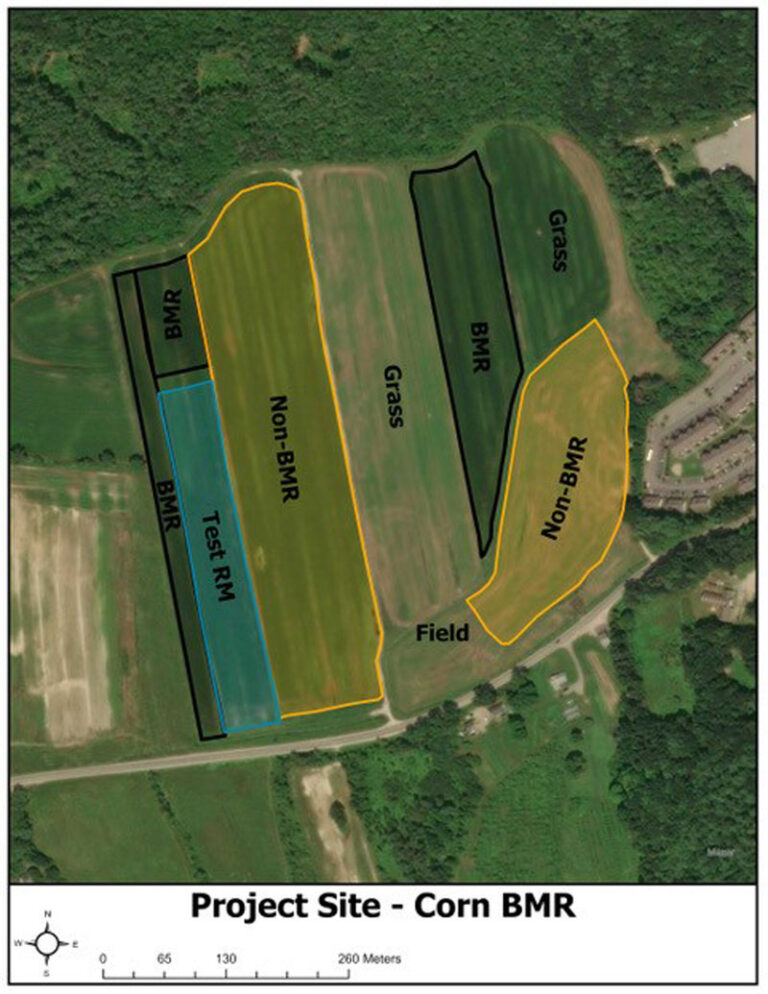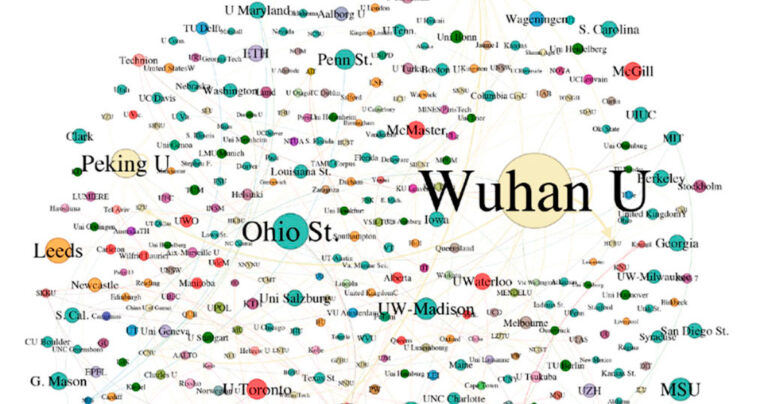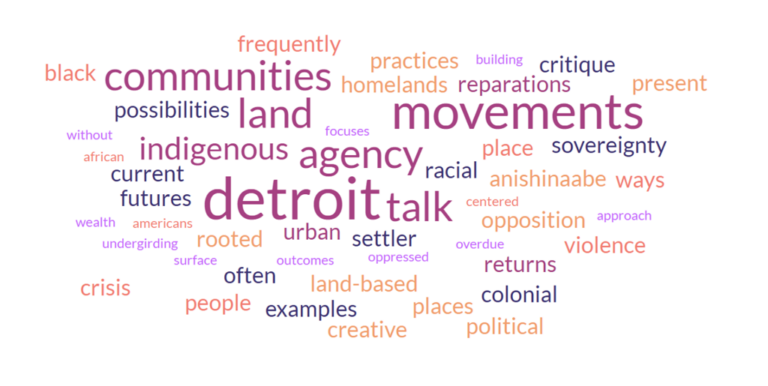Introducing the “Climate Action Task Force”
In response to the current climate crisis, last spring we circulated a petition among various geography listservs requesting that the AAG Council take significant action “to reduce CO2 emissions related to the Annual Meeting.” The petition asked that the “Council do so in a manner commensurate with what the recent (October 2018) Intergovernmental Panel on Climate Change (IPCC) special report asserts is needed to limit global warming to 1.5°C: about a 45 percent cut (from 2010 levels) by 2030, and ‘net zero’ emissions by 2050.” In light of the strong support that the petition received, the AAG Council responded in April with the creation of a task force charged with redesigning the Annual Meeting so that it is a low-CO2-emitting endeavor. The task force is mandated to transform the Annual Meetings in a manner that is effective in meeting the needs of AAG members and that is also socio-spatially and environmentally just.
Since that time, the Annual Meeting Climate Action Task Force, under the leadership of Wendy Jepson, professor of geography at Texas A&M University and member of the AAG Council, has recruited a diverse group of geographers from across the United States and Canada to serve as members. Through various working groups, task force members are currently focused on three areas: 1) conducting research into qualitative and quantitative dimensions of the carbon regime that underpins the AAG’s conference model; 2) exploring how information and communication technologies can be best mobilized to offer rewarding virtual experiences for conference participants; and 3) organizing a first round of special initiatives at the AAG annual meeting in Denver in 2020.
| Climate Action Task Force Members | |
| Kafui Attoh, City University of New York | Elizabeth Olson, UNC Chapel Hill |
| Daniel Bedford, Weber State University | Aparna Parikh, Dartmouth College |
| Tianna Bruno, University of Oregon | Paul Robbins, University of Wisconsin–Madison |
| John Hayes, Salem State University | Sue Ruddick, University of Toronto |
| Wendy Jepson, Texas A&M, task force chair | Sarah Stindard-Kiel, Temple University |
| Oscar Larson, AAG | Elin Thorlund, AAG |
| Patricia Martin, Université de Montréal | Jayme Walenta, University of Texas at Austin |
| Joseph Nevins, Vassar College | |
Smaller academic associations have already experimented with low carbon conferencing (e.g. the Society of Cultural Anthropology’s 2018 Conference, Displacements, a hybrid of a virtual conference and in-person gatherings at sites across the world linked via the internet). However, no large learned society has directly engaged with an attempt to transition to a low-carbon conference model. Thus, this initiative has the potential to place the AAG at the cutting edge in the struggle against climate change.
To ensure the wellbeing of the AAG, while seeking to provide a stimulating and inclusive environment for the diverse community of geographers, we envision proposing and experimenting with a series of initiatives aimed at implementing change in an incremental way over the next five years. Accordingly, we are working on a series of special initiatives for Denver 2020 that will also serve as a means for charting future pathways. While the plans are still preliminary, these initiatives include a virtual plenary session with Kevin Anderson, professor of energy and climate change at the University of Manchester and the former Director of the Tyndall Centre for Climate Change Research. We also are organizing a series of “blended” sessions related to the taskforce’s major themes, in which there will be a combination of virtual and on-site participation. These panels and paper sessions will explore a range of issues, including emerging models for academic conferences, the promises and pitfalls of carbon offsetting, and the dilemmas of knowledge production in an era of climate disruption. We hope as well to have a room dedicated to a variety of virtual experiments that will bridge research, activism and performance to highlight the importance of this initiative. Another innovative initiative will seek to match senior geographers with emerging scholars in a virtual “conversation over coffee.” Finally, we will organize a special poster session with the purpose of helping us to reimagine the AAG annual conference in 2025. Through these diverse initiatives, we seek to understand the impact virtual conferencing might have on participants’ experiences, while testing the limits and possibilities of different technological infrastructures that could be mobilized to support low-CO2 conferencing.
We understand that changing our professional behaviors is difficult. Our discipline and our careers are often based in large part on in-person connections with physically distant places and people throughout the world. In our professional and personal lives we are immersed in social practices in which air travel is profoundly normalized, and viewed as both a necessity and an unquestioned right. Yet we also know that climate disruption is already here and that air travel is a significant source of CO2 emissions. If we take seriously the gravity of a situation so clearly spelled out by climate science, then we must collectively create new ways of being in the world, which means weaving new kinds of relationships between individuals and communities, both near and far. In this sense, rethinking the dominant modes of academic conferencing presents the possibility of creating new forms of academic relationships and exchange that remain fully engaged in the world. We may “lose” some things; but we will gain as well. In this sense, the goal of the Annual Meeting Climate Action Task Force is in no way to undo the AAG or question its relevance, but rather position both our discipline and our association at the forefront of progressive change.
If you are interested in learning more about the initiative or engaging with the Task Force, please contact Wendy Jepson at: wjepson [at] tamu [dot] edu.
DOI: 10.14433/2017.0064
On the topic of the ecological footprint of academic travel, there is a rapidly growing body of literature. Here are two recent articles that we recommend:
Julien Arsenault, Julie Talbot, Lama Boustani, Rodolphe Gonzalès and Kevin Manaugh, “The environmental footprint of academic and student mobility in a large research-oriented university,” Environmental Research Letters, Vol. 14, No. 9, 2019
Seth Wynes, Simon D. Donner, Steuart Tannason, Noni Nabors, “Academic air travel has a limited influence on professional success,” Journal of Cleaner Production, Vol. 226, No. 20, 2019: 959-967
Other resources are listed at: www.flyingless.org


